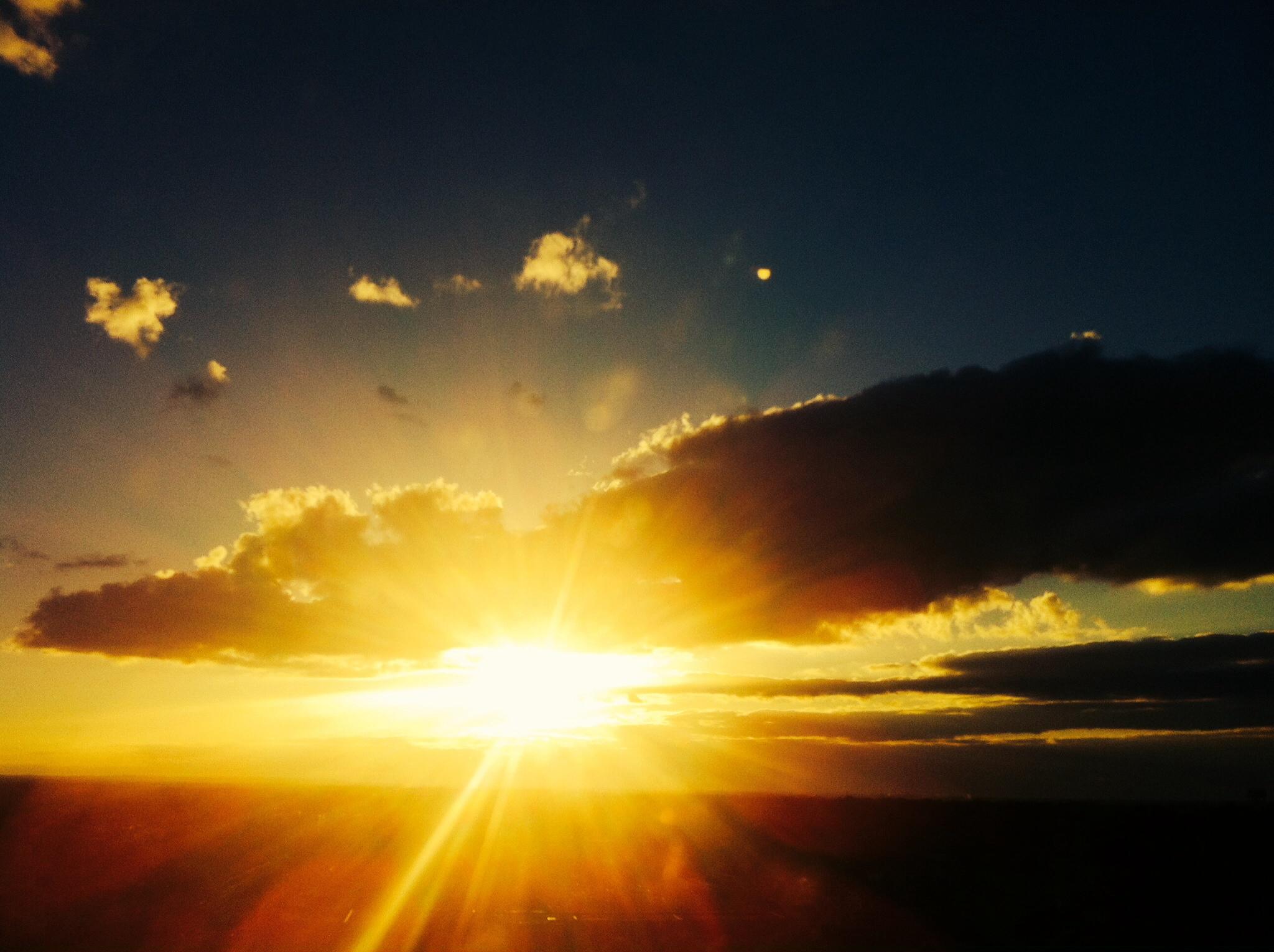There is a growing awareness that creativity is a capacity that everyone has, though they may not understand what is involved in accessing it. One of the main things that gets in the way of people embracing their creative gifts is a belief that creativity should be easy; that it should just flow out. They think they should be good at it immediately. If they are not and it's not easy, there is a tendency to think there is something wrong with them and it's never going to work.
Yet creativity in whatever form you choose to pursue is a complex process that actually asks a lot of us. This is why is feels so good to engage since it helps us discover that we are capable of more that we thought possible including working from expanded abilities. It is a muscle that we need to work with to develop, just like if we decided to run a marathon we would understand we needed to run daily for shorter periods to build up to the full distance.
Creativity is a practice that you have to stay with even when doubts arise. It tends to progress in a stair step fashion. We spend time showing up to the work each day for weeks, maybe months and we don't seem to be getting any better. Then one day we have crossed a threshold to a new level where we can do things we have been unable to. We will need to work on that plateau for a while before being boosted to the next level.
Being creative also involves studying our chosen form of expression. Long before I wrote my first personal essay, the writing form that almost seemed to choose me, every time I went into a bookstore I was drawn to the essay section. Those were the only books I read. I was learning to write in that form by reading it. So when I started to write, my creative mind already had a sense of what to do. Sort of.
I then had to practice, writing pages and pages that never went anywhere but taught me a lot. I learned to trust that things were cooking on the level of my subconscious and super conscious minds. The more I showed up to practice, the more I had a sense of what to do and how to work with the material on a conscious level. The more I stayed with it, the more the wonderful, magical state of flow would occur where I was definitely operating in an expanded state.
Being creative feels like a beautiful dance. Engaging in the process feels good, so I never really thought about all the time and work I had to put in to become an accomplished writer. For me the act of creativity has always been it's own reward. That has allowed me to stay with it through the doubts and slow going.
Now more than ever we need to resist the distractions like social media and the internet that give us a sense of instant gratification, making it more difficult to go the distance with our creativity. Keep in mind that you can make great progress with small steps taken day after day.
Try it: Pick a creative project. Then show up ten minutes a day to play with it. I did this recently in a form new to me, nature collage. I asked a painter friend about the best materials to use. Then with acrylic paint, glue and objects from nature, I let myself be intuitively guided in what to do. It took a bit before any of them turned out in a way pleasing to me. Yet each one taught me something.
As you play with your project resist the urge to judge. Put it away and look at a few days later when the critic has quieted down. Keep showing up, ten minutes day after day and see if you don't feel the deep satisfaction that comes with opening to your creativity.



















